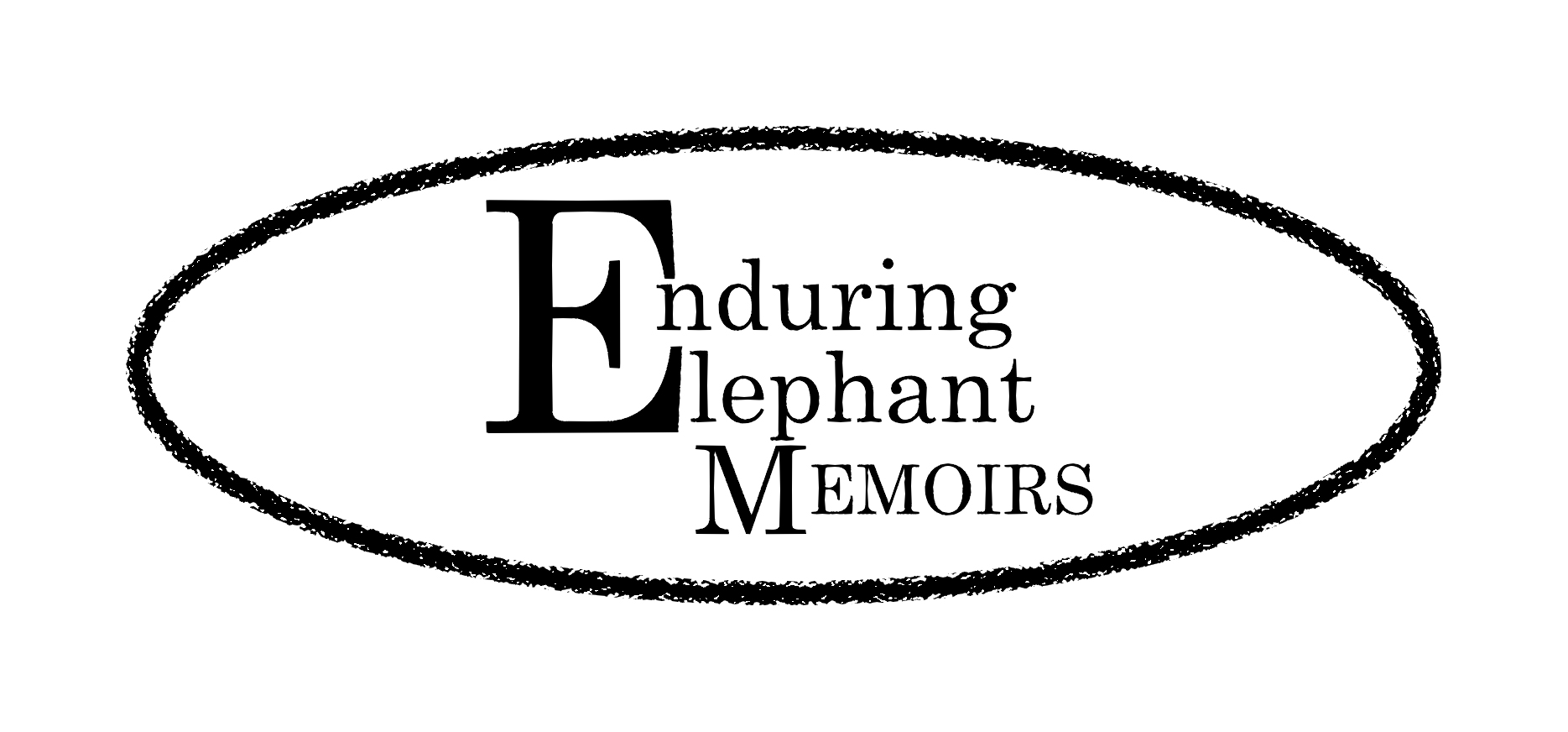Symptoms, 13 Warning Signs You May Have Postpartum Psychosis
Today I’m sharing with you all the things I wish I had known about postpartum psychosis.
First, an analogy
For me, postpartum psychosis was like a pin-the-tail-on-reality game you play while blindfolded and dizzy. The objective is to pin your perception of reality precisely where it makes sense despite the darkness and disorientation.
Here’s what happened to me
During an episode of postpartum psychosis, my ability to speak was affected. First, I repeated answers to simple questions posed by the doctor three times in a row. Then, when my infant daughter was taken away from me for examination at the hospital, I let out primal, wordless screams until gradually I lost my ability to speak altogether.
My perception of reality became foggy. Easily confused, I experienced short-term memory loss.
Meanwhile my appearance declined until I fell into a mixed-up, zombie-like trance.
The 13 Signs You May Have Postpartum Psychosis
Distorted reality
Hallucinations, like hearing commands (seeing, hearing, smelling, feeling things that aren’t there)
Delusions, like extreme religious fervor or other false beliefs like paranoia
Overwhelming confusion about normal, everyday activities
Suicidal or homicidal ideation, especially thoughts of harming your baby
Sleep disorders, like exhaustion, insomnia, restlessness or agitation
Depressed mood (situational, not clinical)
Apathy toward your baby, not wanting to take care of your infant, or feeling disconnected from your baby
Difficulty concentrating, short-term memory loss, inability to focus
Anti-social withdrawal from loved ones
Disorganized thoughts or speech, loss of train of thought, “word salads”
Impaired motor skills, ranging from sluggishness or difficulty expressing emotions to catatonia (severe), inability to speak or move
Loss of inhibitions, like extra energy or increased sex drive
The Takeaway
During postpartum psychosis, I inwardly experienced loneliness, emptiness, despair, shame, fear of my own infant, hopelessness, confusion, disconnection, dissociation, loss of control, apathy, slowed-down and unfocused thinking, and exhaustion. I got help, and so should you.
If you recognize any of the above 13 symptoms in yourself or your loved one, call 911 right away. You need treatment, possibly including anti-psychotic medication, and perhaps a mood stabilizer, and hospitalization to prevent harm to you and/or your baby.
